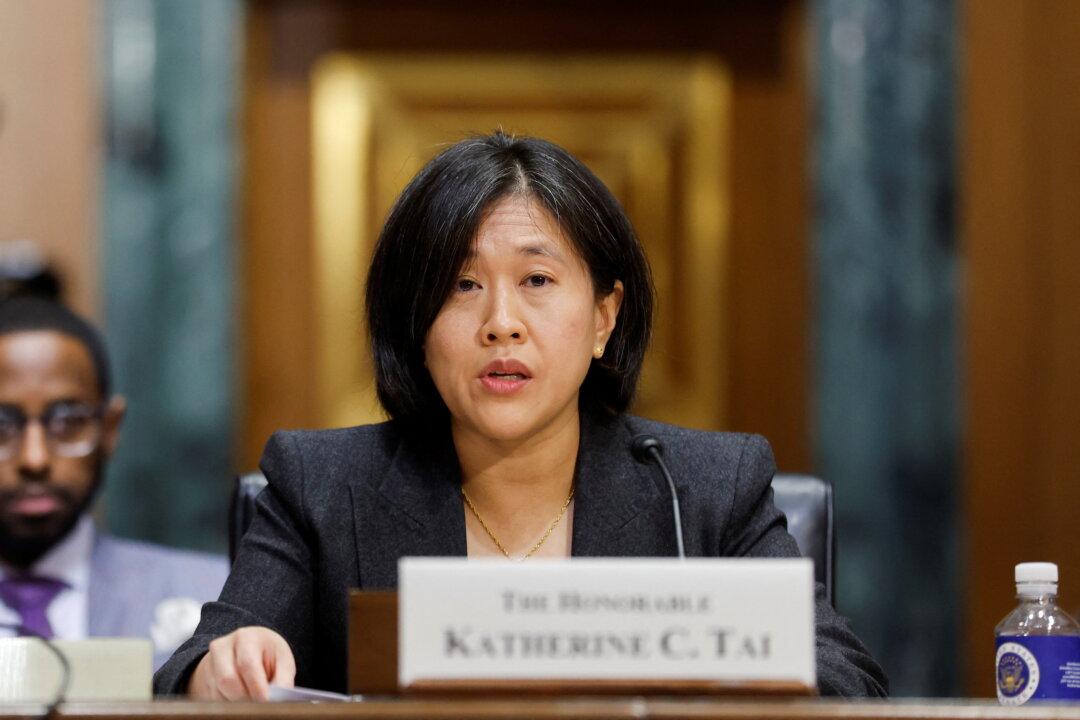The United States has opened an investigation against China’s unfair trade practices in shipbuilding and other sectors amid a growing trade dispute between the world’s two biggest economies.
The Office of the U.S. Trade Representative (USTR) announced on April 17 that it would probe the Chinese regime’s “unfair, non-market policies and practices” regarding maritime, logistics, and shipbuilding sectors that harm the U.S. shipping industry.




